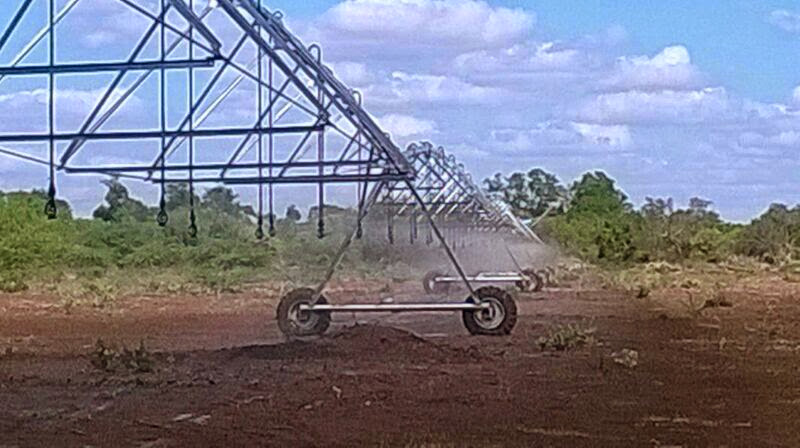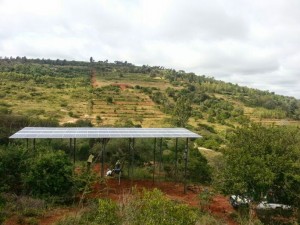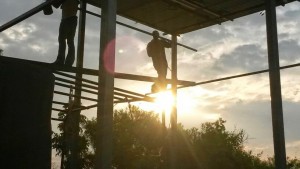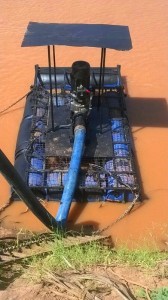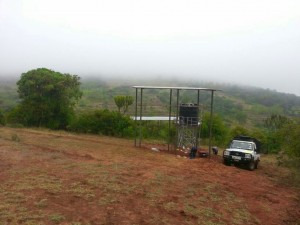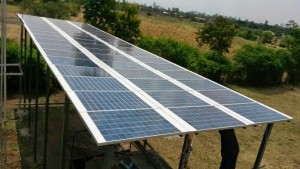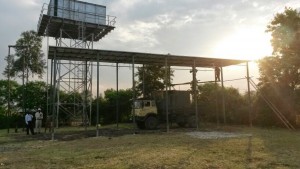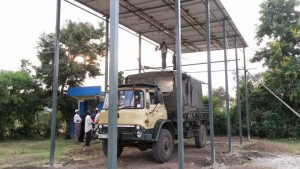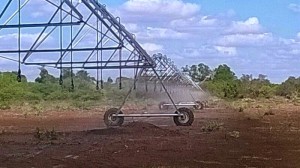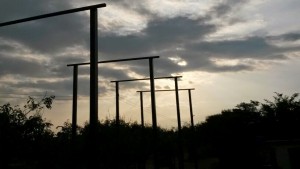Creating a resilient Ilwana community in Tana River County through a twinned Public, Private and Community Commercialized Agriculture Partnership
Introduction
The devastating effects of the 2010 drought that occurred in Kenya galvanized the Government, the general populace and development agencies to reach out with contingency measures to assist communities that were affected to recover from that disaster. Part of the response led to the initiation of a Swedish Government funded project to be implemented by the Ministry of Agriculture; The Improved Food Security for the ASALs Project (IFSAP) in 2011 targeting the affected vulnerable ASAL and Semi-arid communities to enable them recover from drought related shocks.
The IFSAP process muted a climate smart technological and management innovation that aimed and established a solar driven pivot and surface irrigation system to harness the perennial flows from River Tana to irrigate pasture, green grams, maize and onions on a 200 acre farm in Nanighi Bura. This was meant to transition some 200 households from food aid to self-sustenance and eventually to commercially oriented agro-livelihood system among the majority Ilwanas and minority Wagodia, Wardei and Somali ethnic groups living in Nanighi Bura. The processes were premised on lessons gained from a preceding Swedish and Government of Kenya funded National Agricultural and Livestock Extension -ASAL Project (NALEP-ASAL) and the emerging outcomes from the on-going World Food Program managed Food for Assets processes.
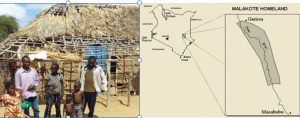
Household resilience was to be buttressed against drought related shocks through establishment of community food production systems that coupled smart technologies and innovative process management to ensure sufficient production of food. This was aimed at sustaining communities at normal stage at the onset, during and after any drought event.
The Technical aspects of the interventions that applied solar powered water pumping have proven to work with the system providing the required water for irrigation leading to the production of maize and green grams albeit with mixed results. These mixed results unearthed certain underlying social, cultural and religious issues that affected the performance of the system. Compared to a similar system developed some 100 km upstream at Hogojo in Garissa (illustrated in Figures 2-4 with a gross income flow of over 10 million shillings one year after commissioning that has smoothed off to 40 million per year currently), the Nanighi process encountered problems that this action proposes to address for the intervention to attain its originally intended function and purpose.
Transformation of ASAL Ecosystem through solar powered irrigation system: The Case of Garissa

Figure 3: System installed solar modules, pump, and water distribution December 2014
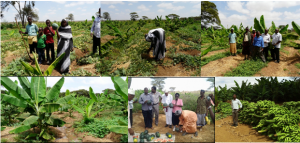
Figure 4: Progressive crop growth in Hogojo from February 2015 to December 2015
Though developed under the same process with a more focused management support, the Nanighi system has stalled in operations with part of the system vandalized and left to rest as illustrated in Figures 5 to 9 below.
Transformation at Nanighi Site
Figure 5: Nanighi site and survey work in 2012


Figure 6: Installed pump, pipe work, solar modules and center pivot 2013
Figure 7: A lush maize crop and onions in a nursery over different stages 2014


Figure 8:New season crop preparation 2015 and Vandalized generator with stator battery stolen Dec 2015

